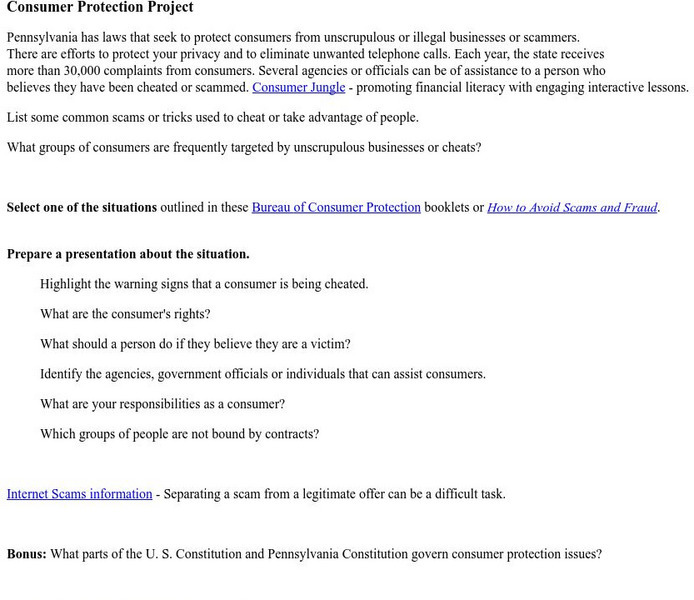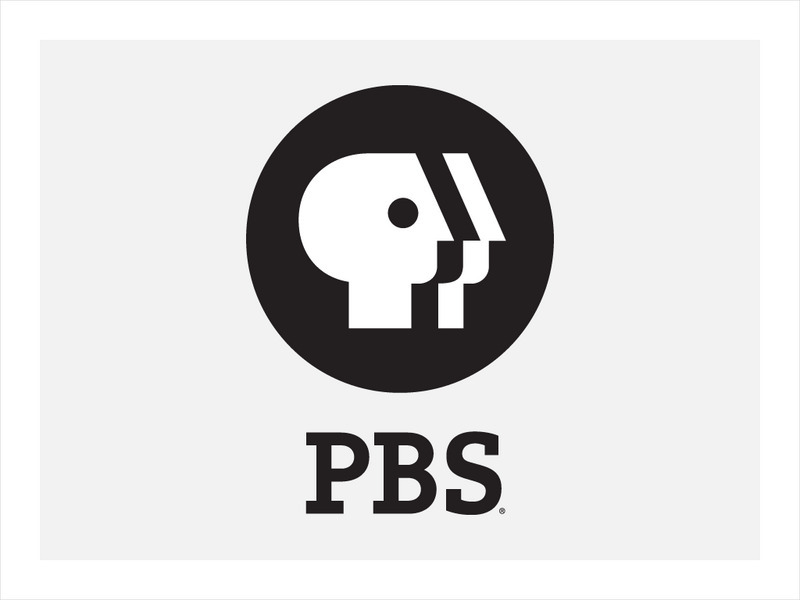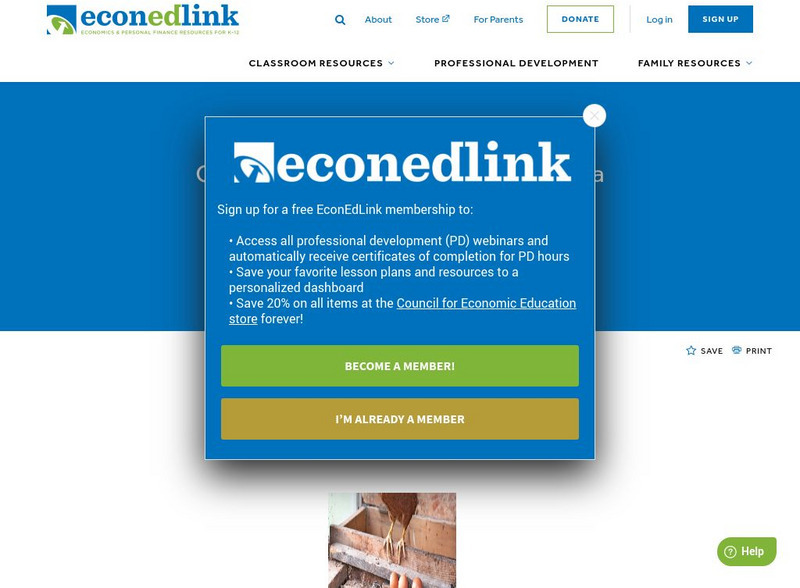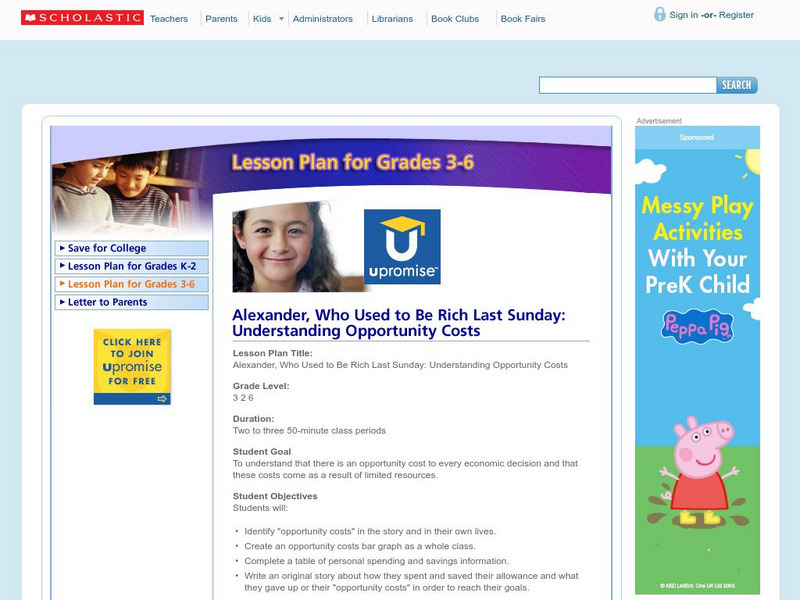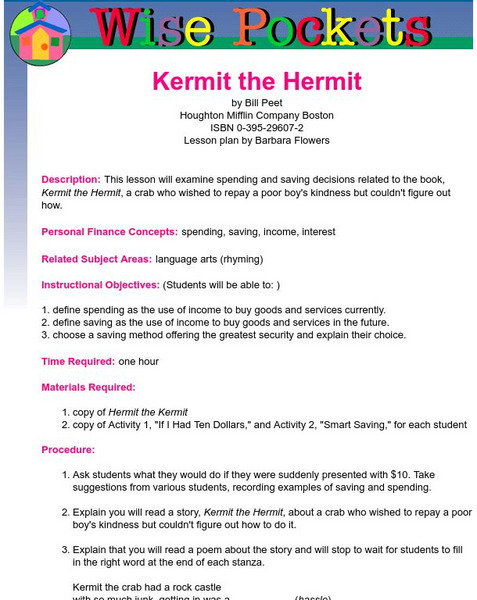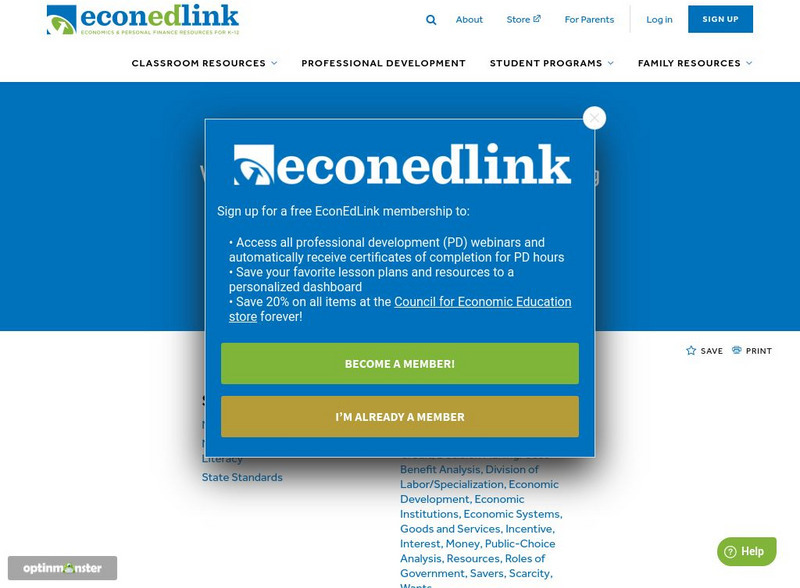Alabama Learning Exchange
Alex: My Future Life: Let's Get Real
This lesson requires students to select a career and explore the requirements for their potential job. They will work with a reality life situation of married versus single, number of children and challenge events. Students will...
Cynthia J. O'Hora
Mrs. O's House: Consumer Protection Project
The media fills us in on the most recent scams around town and the nation. Taking part in this project will educated students on the scams that are out there and question the rights consumers have and the role governments should take in...
Practical Money Skills
Practical Money Skills: Lessons: Grades 3 6
Four fiancial literacy lessons on allowances, money responsibility, saving, and comparison shopping. Lessons can be evaluated separately or as a group.
Consumer Financial Protection Bureau
Cfpb: Understanding How Insurance Works: A Case Study About Lucy
Students read about how insurance works, then review a case study to see how insurance choices can affect personal finances for a rural young adult.
Alabama Learning Exchange
Alex: Entrepreneurship
In this lesson, students become entrepreneurs and they will create a community of businesses by selling goods and services for profit. This lesson requires students to work in groups. Each group will have its own business to develop....
Alabama Learning Exchange
Alex: Can I Afford This House?
In this lesson, students will prepare a spreadsheet that provides information about purchasing a house. Using functions and formulas, they will determine if they can afford the house. This is a Commerce and Information Technology lesson...
Alabama Learning Exchange
Alex: College Bound: Moving Out!
Lesson plan for students exploring aspects of preparation for college, including writing an application essay, applying for financial aid, understanding a lease, and evaluating credit cards. Website research is combined with various...
Yale University
Yale New Haven Teachers Institute: Spending Money Wisely
Exercise to help an individual understand the relationship between the work force and the structure of the American family. Includes a bibliography, student reading list, and example problems.
Other
Federal Reserve Bank of New York: Econ Explorers Journal [Pdf]
In this collection of lesson activities, students will complete an "Econ Explorers Journal" to help them learn how economics is involved in their neighborhood, the books they read, in earning a living, at their banks, in their homes, and...
Illustrative Mathematics
Illustrative Mathematics: 7.rp the Price of Bread
The purpose of this task is for students to calculate the percent increase and relative cost in a real-world context. This task is part of a set collaboratively developed with Money as You Learn, an initiative of the President's Advisory...
PBS
Pbs Newshour Extra: What Are the Factors Behind a Foreclosure?
The objective for this lesson plan is to prepare students for the task of buying a home by providing them with the needed financial literacy skills. These topics are included: calculate affordable housing based on debt to income ratio,...
Council for Economic Education
Econ Ed Link: One Hen: How One Small Loan Made a Big Difference
The picture book One Hen: How One Small Loan Made a Big Difference, written by Kate Smith Milway, takes place in Africa. Here in a Ghanan village, young Kojo cannot afford to go to school after the death of his father. His resourceful...
Council for Economic Education
Econ Ed Link: u.s. Senate Mulls Over Bankruptcy Legislation
During the week of September 20, 1998, the US Senate agreed to debate a bill (S 1301), intended to make it more difficult for people of means to use bankruptcy to walk away from debt. Those who could pay at least 20 percent of their...
Council for Economic Education
Econ Ed Link: Competition Pizza
A lesson that teaches about competition in the marketplace that uses student-gathered information about businesses where they live. Includes student activities and links to national standards in economics and personal finance.
PBS
Pbs: Where Does Your Paycheck Go?
Using real copies of pay stubs, students will examine them to see where all the deductions go. An extensive teacher's guide can be downloaded - the lessons are also intended for other sections of this website.
Save And Invest
Finra Investor Education Foundation: Before You Choose a Credit Card
This lesson plan covers the differences between credit cards and how to choose the right one.
Save And Invest
Finra Investor Education Foundation: Credit Score [Pdf]
This lesson plan covers the benefits and pitfalls of good and bad credit scores.
Save And Invest
Finra Investor Education Foundation: Dividend Paying Stocks
This lesson plan focuses on the fundamental concepts of investing in dividend-paying stocks.
Scholastic
Scholastic Lesson Plan: Alexander, Who Used to Be Rich..
This multipart lesson plan the cost of opportunities when you have limited resources. It uses the hilarious children's book, "Alexander, Who Used to Be Rich Last Sunday" by Judith Viorst to drive the lesson home.
Alabama Learning Exchange
Alex: That's All I Have to Spend for a Whole Month?
As a part of the study of personal economics, middle schoolers will research a career, costs of rent, insurance, food, transportation, etc. and prepare a monthly budget based on their research.
University of Missouri
University of Missouri St. Louis:wise Pockets: Kermit the Hermit
This is an elementary level lesson that deals with spending, saving, income, and interest. Requires the book Kermit the Hermit by Bill Peet. Includes detailed lesson plan along with procedures and activities.
Council for Economic Education
Econ Ed Link: Work, Earnings and Economics: Using Lyddie by Katherine Paterson
In reading and discussing Lyddie, by Katherine Paterson, young scholars examine basic economic concepts and explore the growth of labor unions and the role of government in a market economy.
Council for Economic Education
Econ Ed Link: Clickety Clack, Let's Keep Track!
This lesson will show students the importance of keeping track of their savings.
Council for Economic Education
Econ Ed Link: Big Banks, Piggy Banks
When choosing a place to put their money, people consider how safe there money will be, how easy it is to access, and whether it will earn more money. Students explore how well different savings places achieve these objectives. This...



